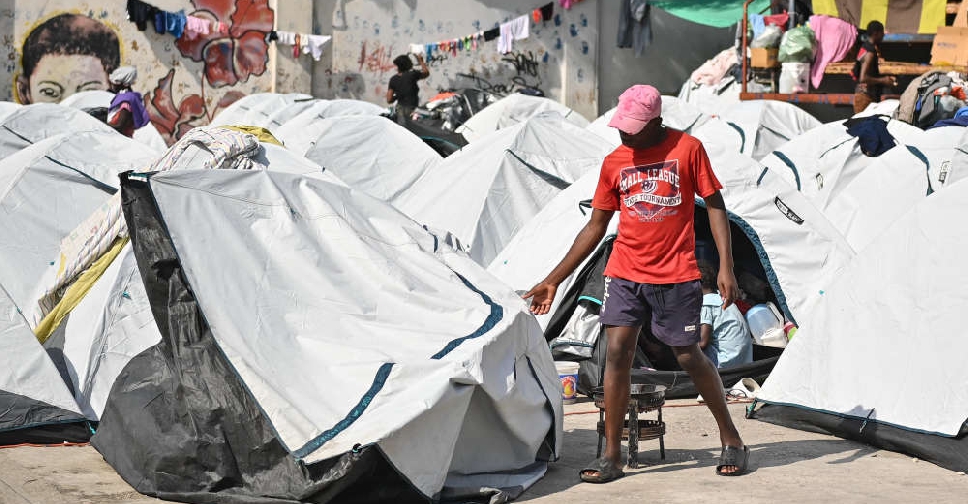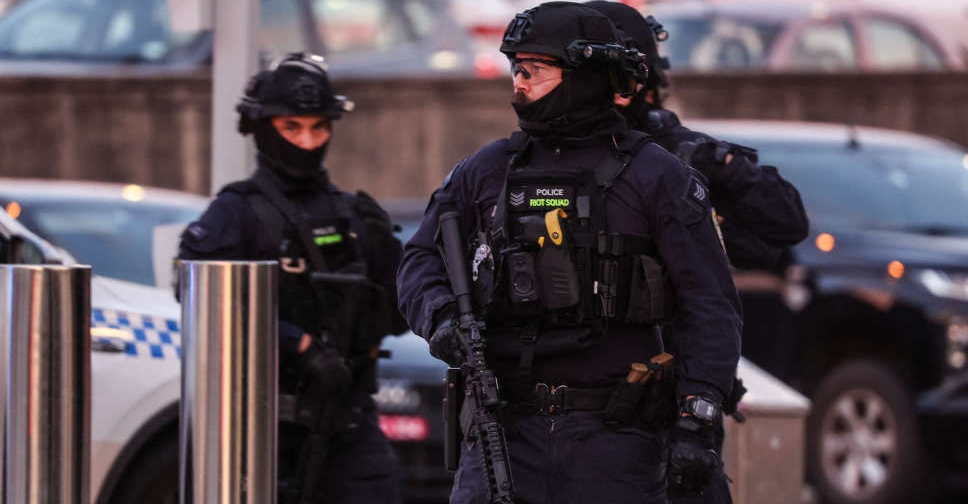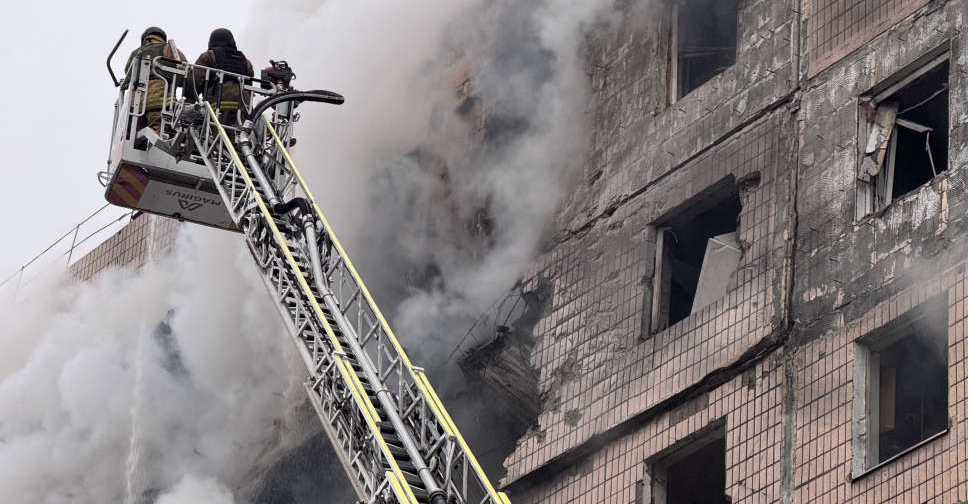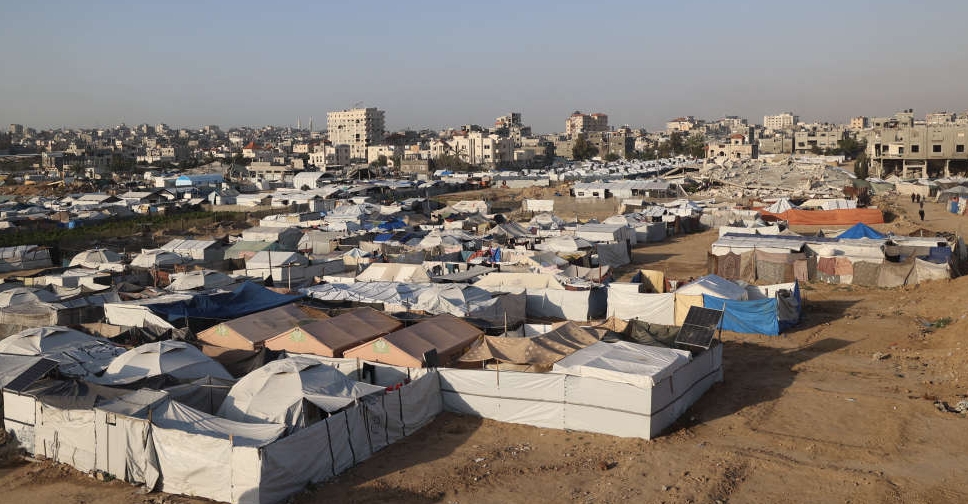
More than 10,000 people have fled their homes in parts of Haiti's central department, the United Nations' migration agency said on Wednesday, after a series of gang attacks in recent days including in a hospital north of the capital.
Under-resourced police have struggled with heavily armed gangs who gained territory and massively expanded their influence over the past year, forming powerful alliances notably in the capital Port-au-Prince.
Fighting has expanded in recent months, spiking in regions such as Artibonite and the Central Department.
Early on Tuesday, armed men attacked the University Hospital of Mirebalais, one of the country's main health centers. Days earlier, suspected gang members attacked a police station in nearby Saut-d'Eau.
Haiti's top private healthcare provider Zanmi Lasante issued a statement shared by local media condemning the "brutal attack which violates the moral treaty which considers hospitals as neutral sites, leaving patients and medical personnel deeply traumatized."
No people were immediately reported killed or injured from the attack, but unverified videos on social media showed chaotic scenes with broken windows and hospital walls riddled with bullet holes.
Violence has spiked since last week, when the leader of the powerful G9 gang alliance Jimmy "Barbecue" Cherizier said he would overthrow the government by force and called a broader truce of metropolitan area gangs through a new alliance called "Living Together."
The announcement sparked internal feuds. Late on Tuesday the leader of a G9 alliance gang was killed by other alliance members near Fontaine Hospital in the capital, according to local media reports.
Hospital director Gheriane Ulysse said the government had asked what resources the hospital had at their disposal.
"We're anticipating the worst," she said as the hospital braced for counter-attacks from the local gang. "We don't know what they're prepared to do in retaliation."
Last week, Cherizier expressed support for a canal off a river straddling the border with the Dominican Republic. Its construction prompted Haiti's neighbor to completely shut down its border, driving Haitian migrants back into areas of conflict and calling into question access to humanitarian aid.


 No evidence alleged Bondi gunmen received military training in Philippines
No evidence alleged Bondi gunmen received military training in Philippines
 At least 12 killed in Nigeria mining site attack
At least 12 killed in Nigeria mining site attack
 Russian attack on Ukraine's central Cherkasy injures six, causes blackouts
Russian attack on Ukraine's central Cherkasy injures six, causes blackouts
 UN, aid groups warn Gaza operations at risk from Israel impediments
UN, aid groups warn Gaza operations at risk from Israel impediments
 Israel approves natural gas deal with Egypt, Netanyahu says
Israel approves natural gas deal with Egypt, Netanyahu says




